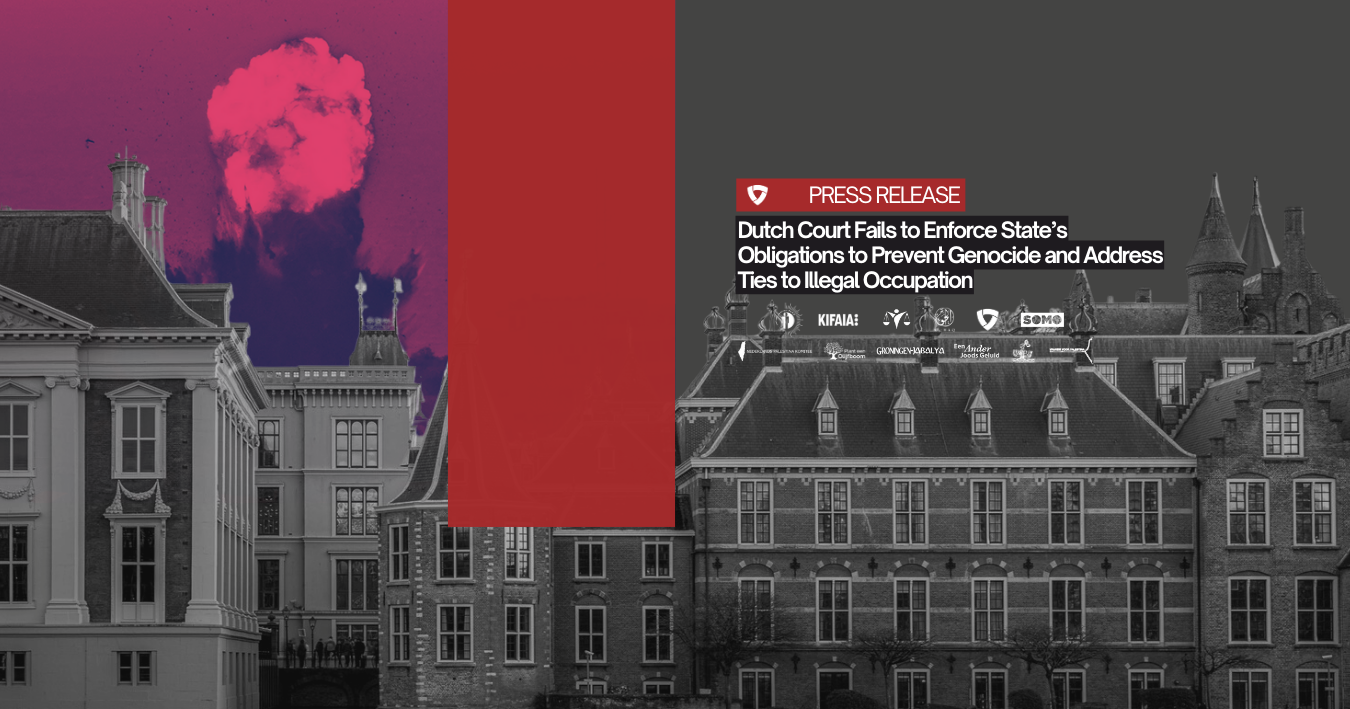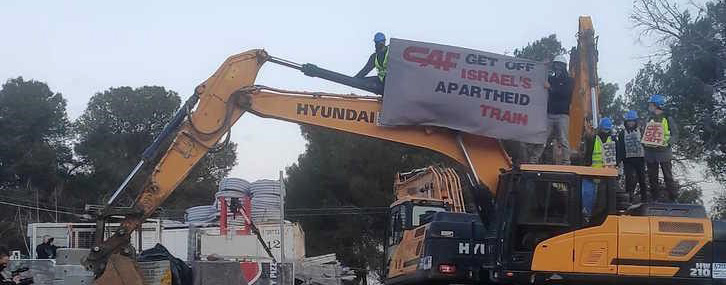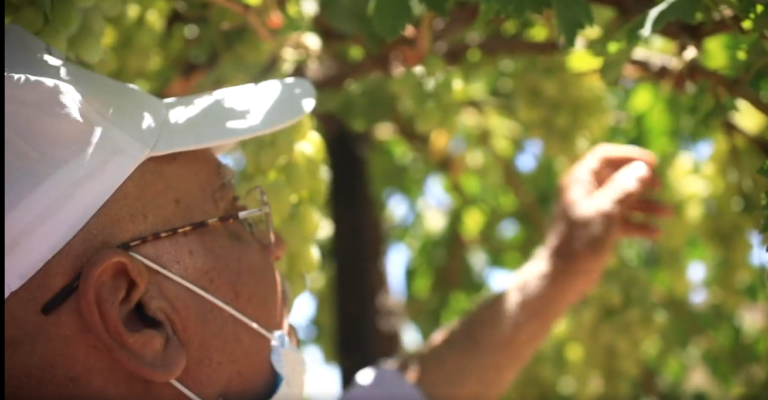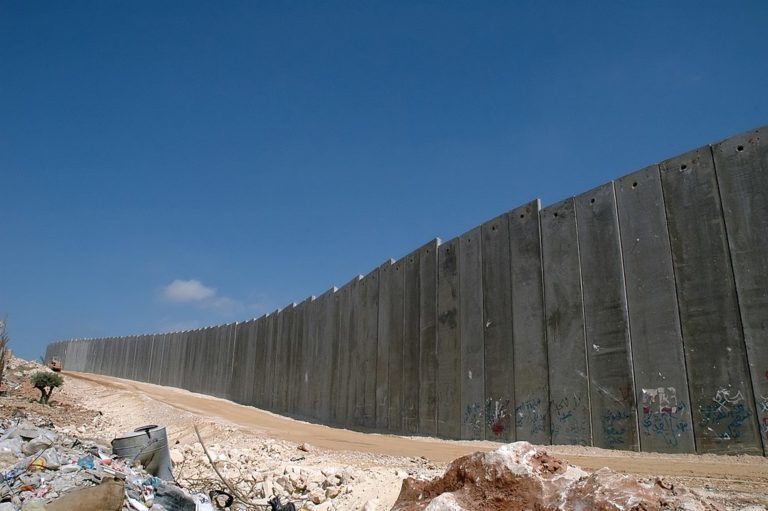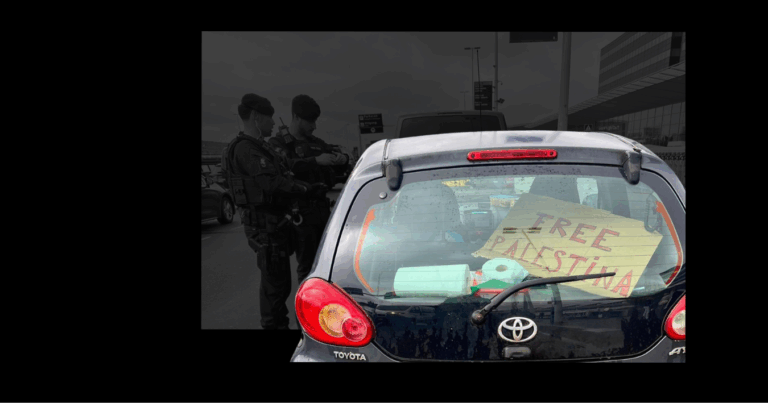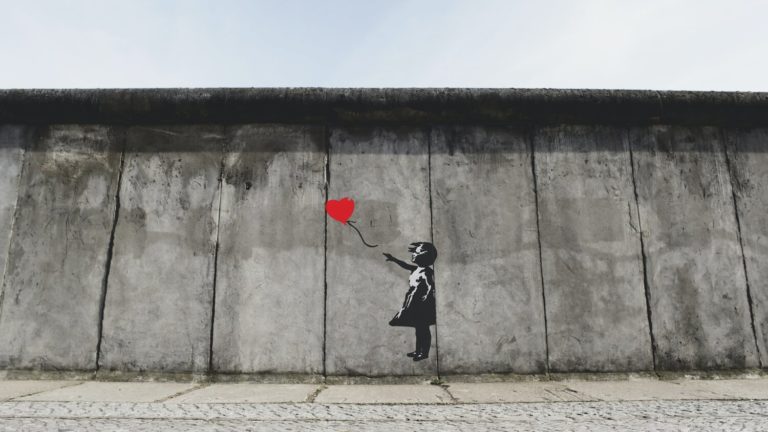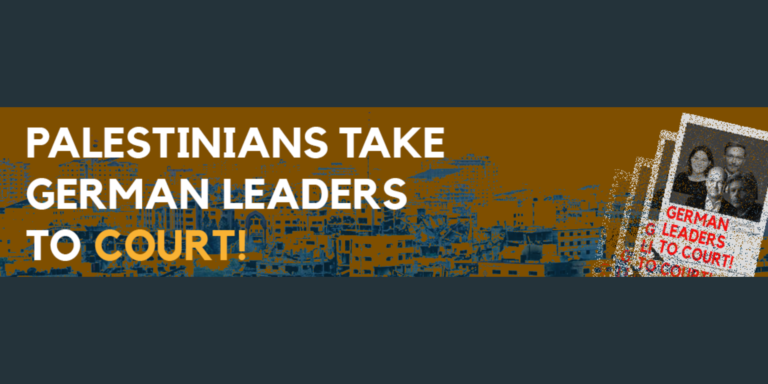Dutch Court Fails to Enforce State’s Obligations to Prevent Genocide and Address Ties to Illegal Occupation
Joint press release – Amsterdam, 13 December 2024
Today, the District Court of The Hague delivered its ruling in the lawsuit filed by a coalition of Palestinian and Dutch civil society organisations against the Dutch State. The case called for the enforcement of measures to align Dutch policies with international law, particularly regarding arms exports and trade relations tied to Israel’s illegal occupation and systemic violations of international law in the Occupied Palestinian Territory (OPT). While the ruling was anticipated, our organisations see it as a setback for international accountability and justice.
Although the court acknowledged the Dutch State’s legal obligations under international law, including the duty to prevent genocide and protect human rights, it ultimately ruled in favour of the State. The court rejected the coalition’s request for a blanket ban on military and dual-use goods exports but emphasized the Dutch State’s continuing responsibility to assess each export license individually. This case-by-case approach underscores the State’s obligation to ensure its exports do not contribute to violations of international humanitarian law (IHL). However, the risk remains—even for defensive military equipment. Israel’s military power to carry out its actions in Gaza depends not only on offensive weapons but also on defensive systems that enable further genocidal actions as well as maintaining and entrenching its illegal occupation and apartheid regime.
Furthermore, the International Criminal Court (ICC) has issued arrest warrants for Israeli perpetrators suspected of carrying out international crimes in Gaza, namely Israel’s Prime Minister Netanyahu and the former Minister of Defence Gallant. The Geneva Conventions and Genocide Convention, which should inform the Dutch state’s duty of care, and responsibility to prevent, were barely mentioned in the court’s ruling. The coalition finds this lack of attention to the core arguments on the legal provisions that bind the State in this case astounding.
The court also accepted the Dutch State’s ‘discouragement policy’ in relation to the illegal Israeli settlements as adequate, without evaluating its effectiveness. Israeli settlements have been established and maintained in violation of international law, as confirmed by the International Court of Justice (ICJ). The ICJ has made it clear in its July 2024 advisory opinion that states, including the Netherlands, are obligated “to take steps to prevent trade or investment relations that assist in the maintenance of the illegal situation created by Israel in the Occupied Palestinian Territory” –– obligations which go beyond mere “discouragement”. However, the judge did not assess whether the discouragement policy meets the Dutch State’s obligations under international law, nor did the court consider its effectiveness in halting violations.
International experts have made it clear that international crimes of forced displacement are ongoing, making urgent action necessary. In the first half of 2024, under the leadership of Finance Minister Bezalel Smotrich, Israel has designated more Palestinian land in the occupied West Bank as “state land” than in the previous 25 years combined. While the Dutch government frames its policy as long-term, the urgent question remains: Is it effective in addressing violations happening now? Palestinians continue to suffer from an ongoing, deepening Nakba, with genocide occurring in Gaza and settler colonisation intensifying in the West Bank, including Jerusalem, it is clear that the current policy needs to be reassessed.
Lastly, the Dutch state claims it is unlikely to grant arms licenses for weapons that can contribute to Israeli military or settler activities in Gaza or the West Bank, including Jerusalem, due to the clear risk that weapons, in the current context, contribute to grave violations under international humanitarian law. The state’s position contradicts itself. If there is any risk, even indirect, that such exports will be used in the perpetration of international crimes, such as genocide, such exports – including indirect exports – should not be allowed. While the Dutch state says to agree with us on the risk associated with these exports, its policies do not reflect this understanding. The Dutch government acknowledges that the occupation is illegal, yet continues military cooperation and allows trade with settlements, reinforcing the inconsistency between its legal stance and its actions.
Shawan Jabarin, General Director of Al-Haq stated “Today, the Palestinian people have been met by abominable injustice. The Netherlands allows indirect sales of F-35 components to Israel, used in the industrial extermination of our children. The Netherlands has abandoned the most basic rules of international law, to prevent colonisation, annexation, apartheid and genocide –– an abandonment that creates a chasm of suffering, not just for Palestinians, but for all of mankind”.
“Today, a Dutch court in The Hague has chosen to ignore the findings of two international tribunals located in the same city, thereby failing to uphold the Netherlands’ obligations under international law. Concurrently, Israel persists in its systematic killing of Palestinians daily, actions further emboldened by rulings of this nature. We reiterate our urgent demand: cease all arms transfers to Israel, or face legal accountability at both the state and individual levels for complicity in the commission of international crimes,” said Issam Younis, Al Mezan’s Director.
Raji Sourani, PCHR’s Director, added “This decision is a real shame as it emboldens Israel’s settler-colonial regime to continue its crimes against the Palestinian people, including the ongoing genocide in Gaza which has been live streamed for 14 months. Instead of blocking these arms exports, which is the minimum that the Dutch government should be doing to address the current situation, the Dutch Court is giving legal protection for a state whose sitting Prime Minister has arrest warrants issued to him by the International Criminal Court.”
The coalition will thoroughly review the court’s ruling and is seriously considering appealing the decision. The systemic violence and dehumanisation faced by Palestinians demand immediate and concrete action, not complacency or complicity.
SUPPORT THE CASE
The coalition consists of Al-Haq, Al Mezan, Een Ander Joods Geluid (EAJG), the European Legal Support Center (ELSC), Groningen Jabalya, SOMO, Stichting Kifaia, Nederlands Palestina Komitee, Stichting Palestina. The case is supported by Erev Rav and Plant een Olijfboom.

